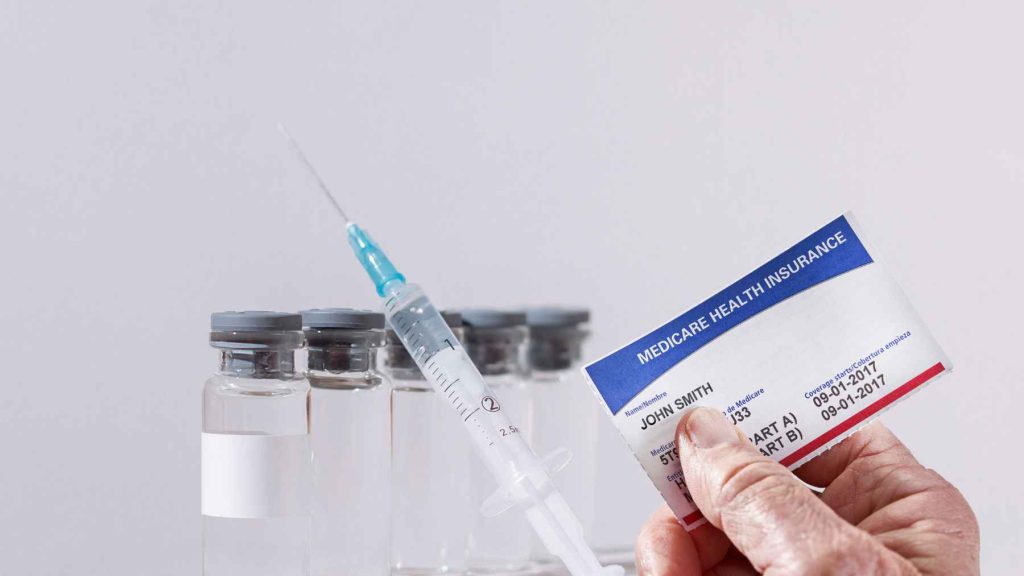As people get older, their doctors begin to recommend more and more strongly that they take preventive measures to protect themselves against infectious diseases. Recent changes in vaccine coverage for Medicare beneficiaries modify the mechanisms by which they can access important health measures among which, of course, vaccines stand out.
Vaccines are essential for older adults because of their ability to protect against serious diseases and maintain overall health. As we get older, our immune system tends to weaken, which makes us more susceptible to infections. Getting vaccinated is crucial for several reasons: it prevents serious diseases that were previously fatal, maintains the immunity acquired in childhood against diseases such as measles and rubella, avoids flu-related complications, and prevents the spread of new diseases, such as COVID-19.
In addition, specific vaccinations for older adults, such as protection against COVID-19, flu, pneumonia and shingles, are essential for their well-being and disease prevention. Regular and proper vaccination is a safe and effective way to improve the health of older people and reduce the risk of serious complications related to various diseases.
Benefits of the Inflation Reduction Act: What’s With Medicare?
The Inflation Reduction Act has introduced a number of significant changes to the Medicare program with the goal of improving accessibility to medications for seniors and those with disabilities who are enrolled in Medicare Part D. These key changes include:
Annual Medicare Part D Out-of-Pocket Cost Limit: Starting in 2024, an annual out-of-pocket cost limit has been set for Medicare Part D beneficiaries. This limit ensures that prescription drug expenses do not exceed a specific amount each year. By 2025, this limit will be reduced to $2,000 and adjusted annually according to needs.
Drug Price Negotiation by Medicare: The law now allows Medicare to negotiate directly with drug manufacturers to lower the prices of some expensive brand-name drugs that have no generic or biosimilar competitors. This means that people with Medicare will have greater access to innovative treatments and that costs will be lower both for them and for the Medicare program as a whole.
Medicare Inflation Rebates: As part of the new law, drug companies that raise their drug prices at a rate faster than the inflation rate are required to pay a rebate to Medicare. This bill seeks to strengthen the Medicare program for both current and future beneficiaries, while discouraging unreasonable price increases by pharmaceutical companies.
Changes to Medicare Part B: Access options to high-quality, affordable biosimilars for people with Medicare will be improved. In addition, a cost-sharing limit of $35 per month will be established for insulin used in durable medical equipment pumps, which will benefit those who depend on these treatments.
Changes Introduced to Medicare’s Vaccine Coverage in 2024
The Inflation Reduction Act has had a positive impact on Medicare beneficiaries by providing coverage for certain vaccines at no additional cost. These are some of the vaccines covered:
- Shingles Vaccine: The shingles vaccine, also known as shingles, is now available to Medicare beneficiaries at no cost. This vaccine helps prevent the painful rash associated with shingles.
- Respiratory Syncytial Virus (RSV) vaccine: RSV is one of the leading causes of pneumonia in older adults. The RSV vaccine is also covered by Medicare.
Pneumonia Vaccine: Pneumonia can be serious for older people. Pneumonia vaccine coverage is an important measure to maintain health and vitality.
To access these vaccines, follow these steps:
- Medicare Part B: Through Medicare Part B, beneficiaries can receive seasonal flu, pneumonia, and COVID-19 vaccinations. In addition, hepatitis B vaccines are provided for high-risk people and tetanus vaccines for those who have suffered injuries.
Medicare Part D: The Part D prescription drug plans cover shingles, Tdap, RSV, hepatitis, and meningococcal vaccines. If you have a Medicare Advantage plan that includes prescription drug coverage, you’ll also be protected.
